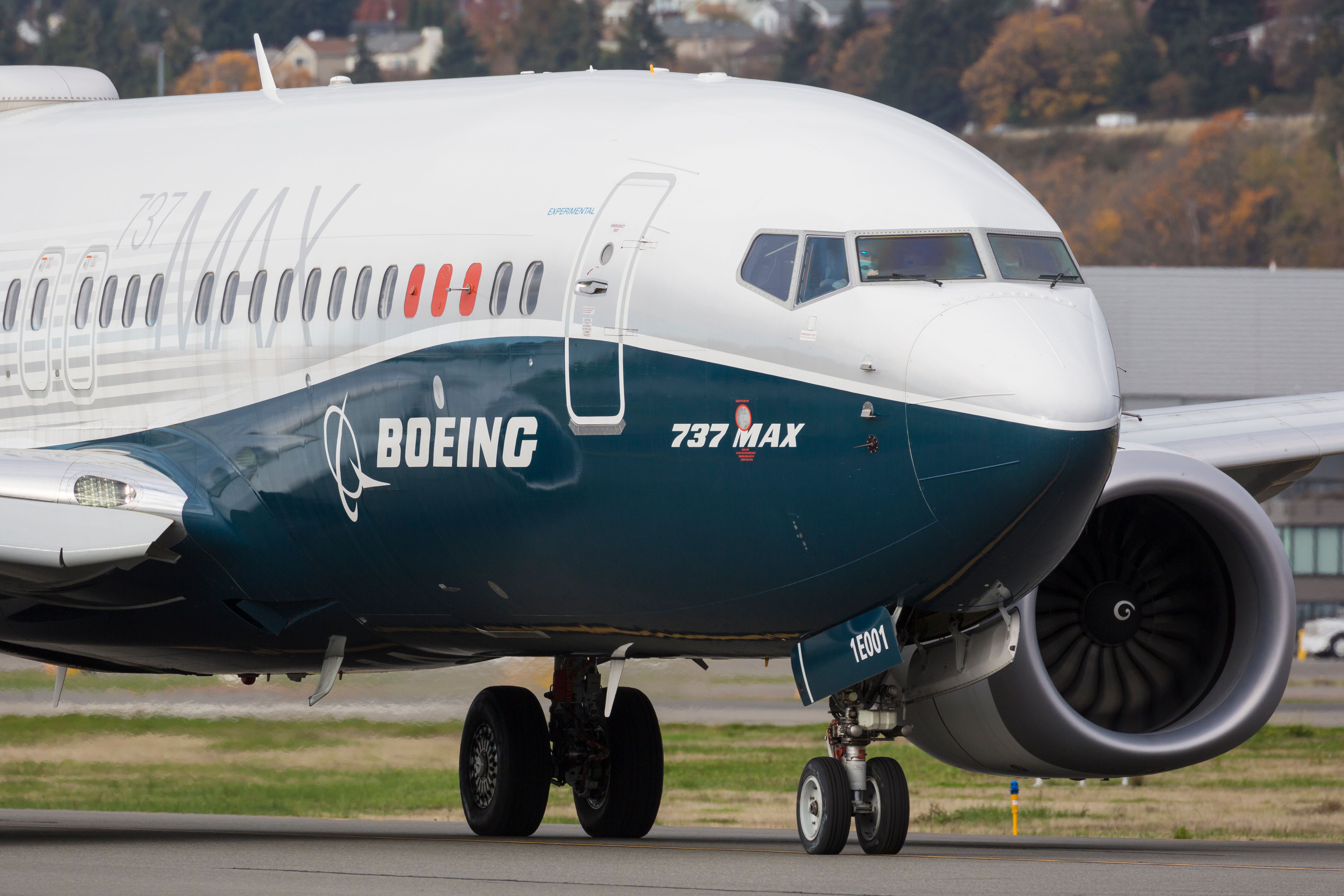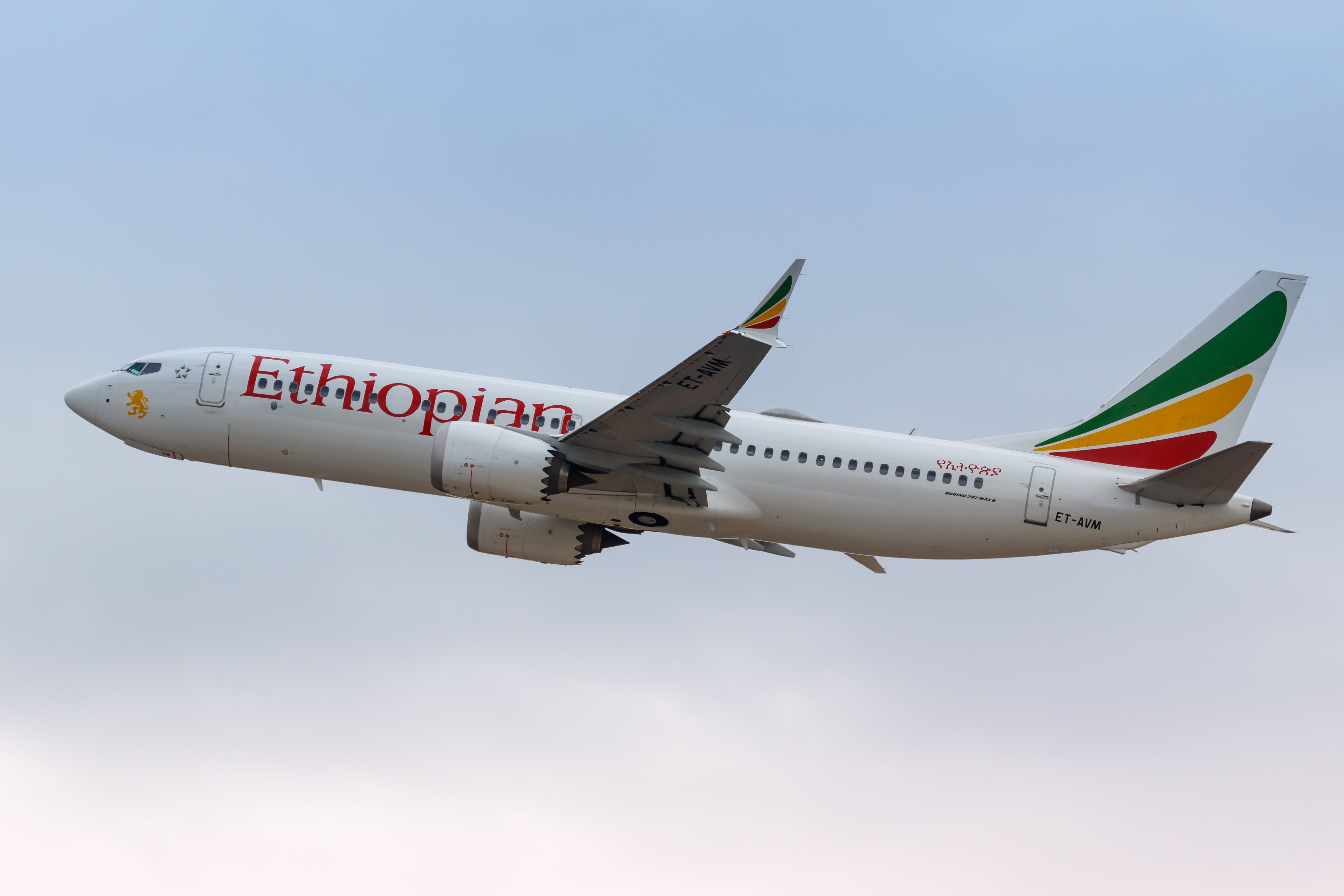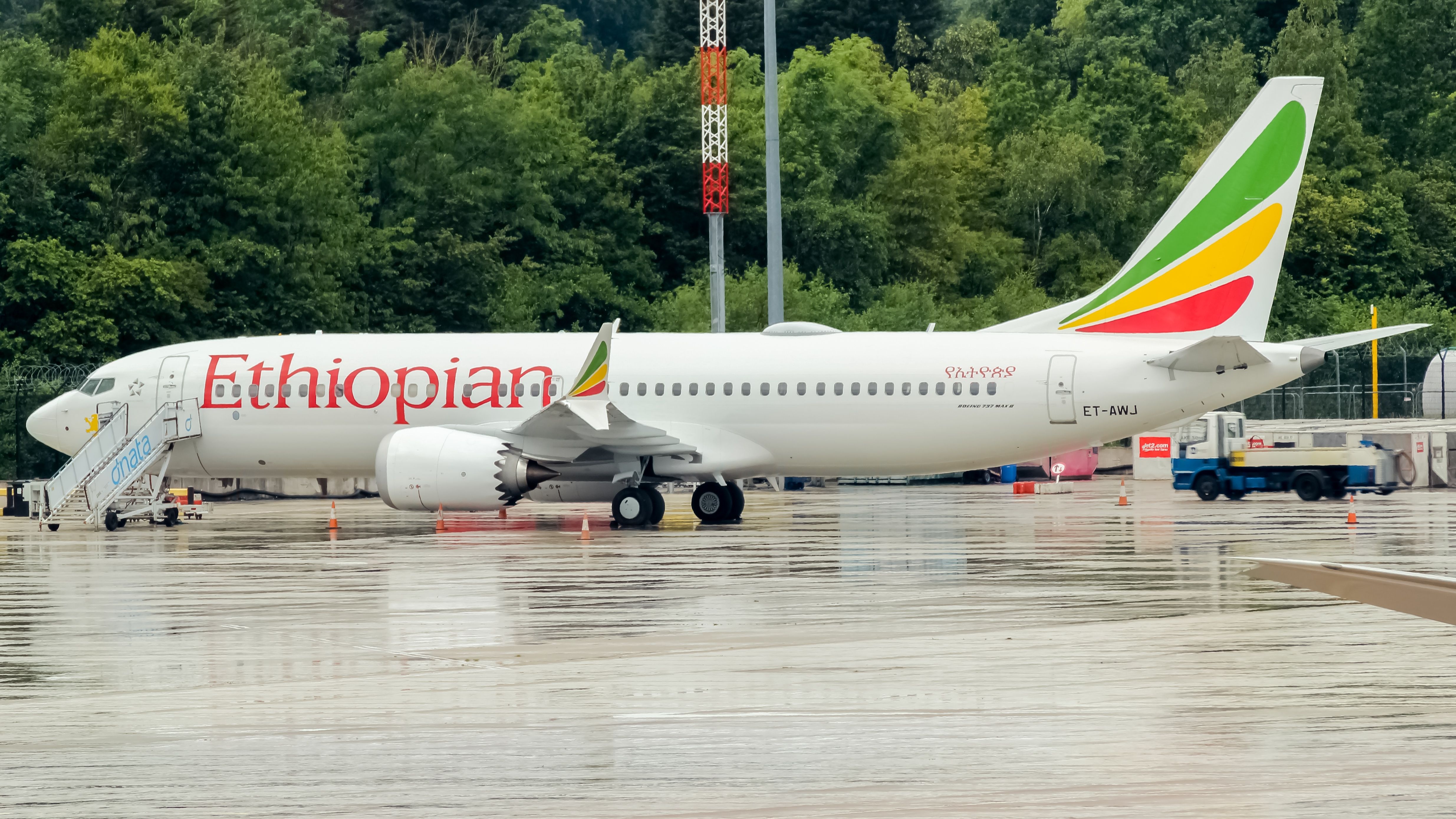Boeing is back in court arguing another 737 MAX crash case, this one to do with the Ethiopian Airlines crash in March 2019. Family of the victims have brought a claim against the planemaker for the suffering caused to those who died in the crash, demanding compensation for the same. However, Boeing argues that the speed of the impact of the crash means there was no physical 'suffering.'
Complicated case
In the last four years, Boeing has been fined billions and spent millions more settling cases with the 346 victims of the two MAX crashes. However, another case has brought the tragedy into the spotlight, this one focusing on whether those inside Ethiopian Airlines flight ET302 suffered physical and psychological harm before the crash. The next-of-kin are suing for damages, but Boeing is fighting the claims back in court.
The American company says that due to the speed of the plane when it crashed the victims passed away instantaneously, meaning it was "painless," according to one expert witness in the WSJ. However, the plaintiffs argue that the last few minutes of the flight, which saw it rise and fall as the pilots battled the MCAS system, were physiologically harmful and had physical consequences on all those on the flight.
Jonathan French, a Boeing expert witness, argued,
"While passengers undoubtedly perceived the flight as scary, humans have a tendency to hold on to hope and not expect the worst. Ultimately, it is impossible to know the subjective experience of each occupant.”
However, the plaintiff's attorneys said in one filing,
"[The passengers on ET302] undeniably suffered horrific emotional distress, pain and suffering, and physical impact/injury while they endured extreme G-forces, braced for impact, knew the airplane was malfunctioning, and ultimately plummeted nose-down to the ground at terrifying speed.”
Get the latest aviation news straight to your inbox: Sign up for our newsletters today.
A legal question
The case comes down to two main areas, whether Illinois state law (Boeing was still headquartered in Chicago at the time of the crash before moving to Arlington) allows for damages before impact and what kinds of harm did the passengers suffer. The plaintiffs have argued that everything from suffering from high g-forces, panic, nausea, heart problems, and more would have occurred in the final moments of the flight.
However, Boeing sticks to its argument that Illinois state law doesn't allow for pre-impact damages and judges should set aside this claim as it would only serve to bias the jury when hearing about the pain of the passengers onboard. The plaintiffs vehemently disagree, saying, "Boeing’s position is contrary to Illinois law and defies common sense and fundamental fairness.”
More to come
Despite Boeing trying its best to move on from the two crashes in 2018 and 2019, victims are still demanding accountability for the multi-billion dollar project. This comes as the firm already settled five cases stemming from the crash that was set to go to trial in June. However, Boeing could face continued litigation as victims' families plan on seeking every protection awarded by the law to demand justice.
Source: The Wall Street Journal



